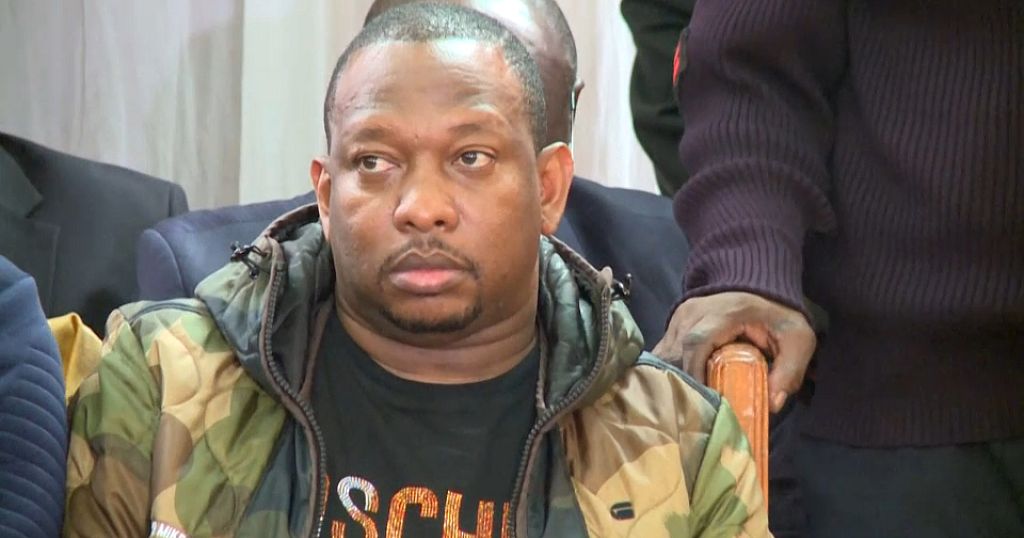As a child, I thought drought simply meant we had to eat differently coloured ugali. It was a silly thought, of course, but I was a child and thought as one, as the Good Book says.
I was a primary school student the first time I experienced the effects of drought. Not its devastating effects, like what we are currently witnessing in Turkana and other arid and semi-arid areas, but a milder version.
Turkana is not the only affected county, as we well know, but perhaps it is the one whose haunting images of its dying residents we first saw and can’t seem to forget.
It was in the early 1990s and the headmistress told us during parade time that we would have to start eating yellow ugali courtesy of yellow maize provided by the government because the country was experiencing a drought.
As an adult, it would occur to me that while my perception of drought may have matured, the government’s reactiveness to it hadn’t. It seemed that the government was keen on acting in the same way it always had when the country experienced a drought, which is to dump relief food on the afflicted as they wait for the next drought to do more of the same.
Little wonder then that some Kenyans online rejected a plea by the humanitarian organisation Red Cross to raise money in aid of fellow citizens who were starving, saying that doing so would help to hide the government’s inability to protect its citizens from drought.
The food donations to the starving Kenyans almost never include the necessary things needed to prepare it — like water, firewood and cooking oil with which to cook the maize and beans. Are they meant to chew the dry maize and beans?
And the droughts have become a regular occurrence since 2007.
The twist in the tale this time is that the government insists reports about deaths from starvation are fake news even as politicians, humanitarian organisations and celebrities step up to the plate.
Call it poverty pornography or publicity hogging or whatever tickles your fancy but Madam Boss Akothee and Governor Mike Sonko have brought the government’s lukewarm efforts in fighting hunger in Turkana to shame by providing truckloads of food to those on the verge of dying from hunger.
And we applaud them because nobody deserves to die of hunger. Not when we reported a bumper maize harvest less than a year ago.
Now, we all know that there is nothing noble or dignified about poverty, but this is not about how helping people and then showing them off like trophies robs them of some basic dignity.
Instead, it’s about the government’s reactions towards drought from time immemorial and how this help offered by individuals and the government alike only compounds the problem. Food donations offer temporary relief but also serve to sink the afflicted people deeper into the poverty cycle, in my estimation.
The government has access to early warning reports for famine-prone areas, but this is hardly acted upon. There is a whole government unit — the Kenya Meteorological Department — that religiously publicises information about rain shortfalls, which consequently signal food shortages. But no, this is not enough to get the government to adopt policies aimed at mitigating the effects of drought.
It seems like the government cynically waits for people to start dying of hunger before it launches food drives and sends food donations to the dying.
Someone once said that help is a dirty little word. I think food donations is a dirty little phrase because it only paves the way for more food donations in future as it is not a sustainable solution to food shortages, hunger or drought.
This is not a call for food donations to end but a plea for the government to start acting on the beautifully written reports and early warnings instead of dumping help and leaving the afflicted desperate for more food.
If this happens, perhaps the heart-wrenching photos of dying men, women and children will be the last we see.

 General News2 days ago
General News2 days ago
 General News3 days ago
General News3 days ago
 General News2 days ago
General News2 days ago
 General News2 days ago
General News2 days ago
 General News11 hours ago
General News11 hours ago

